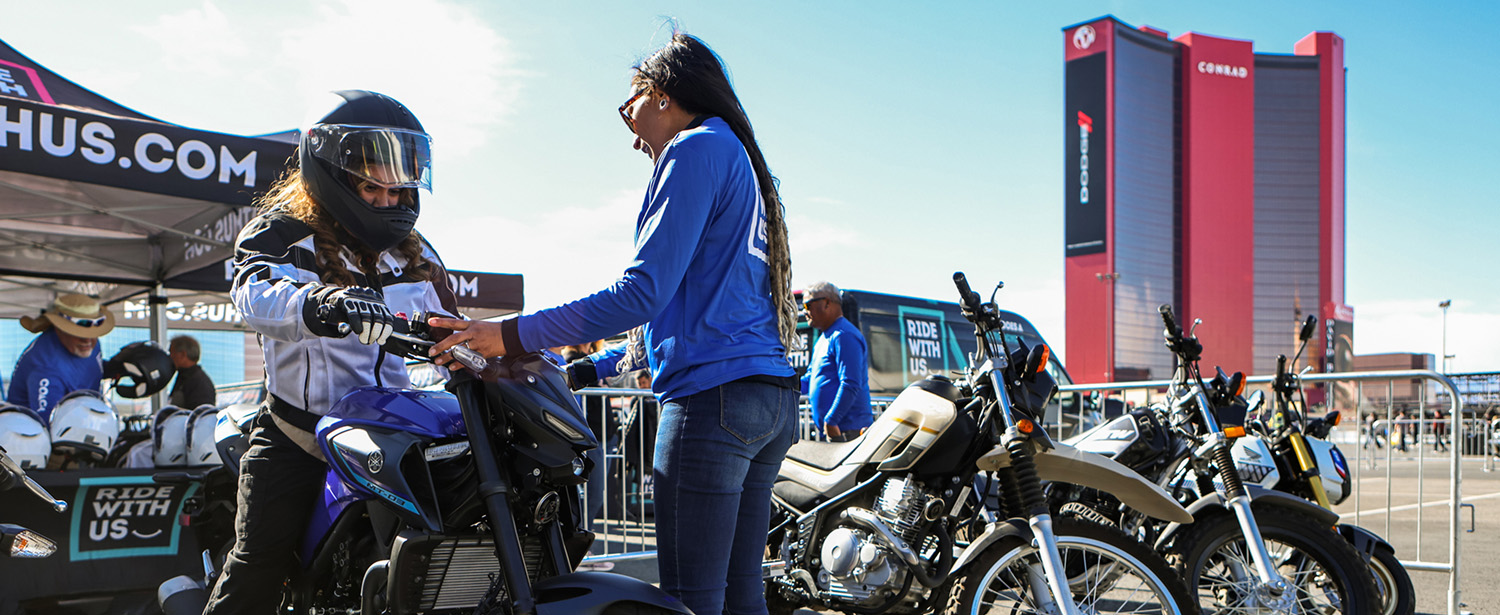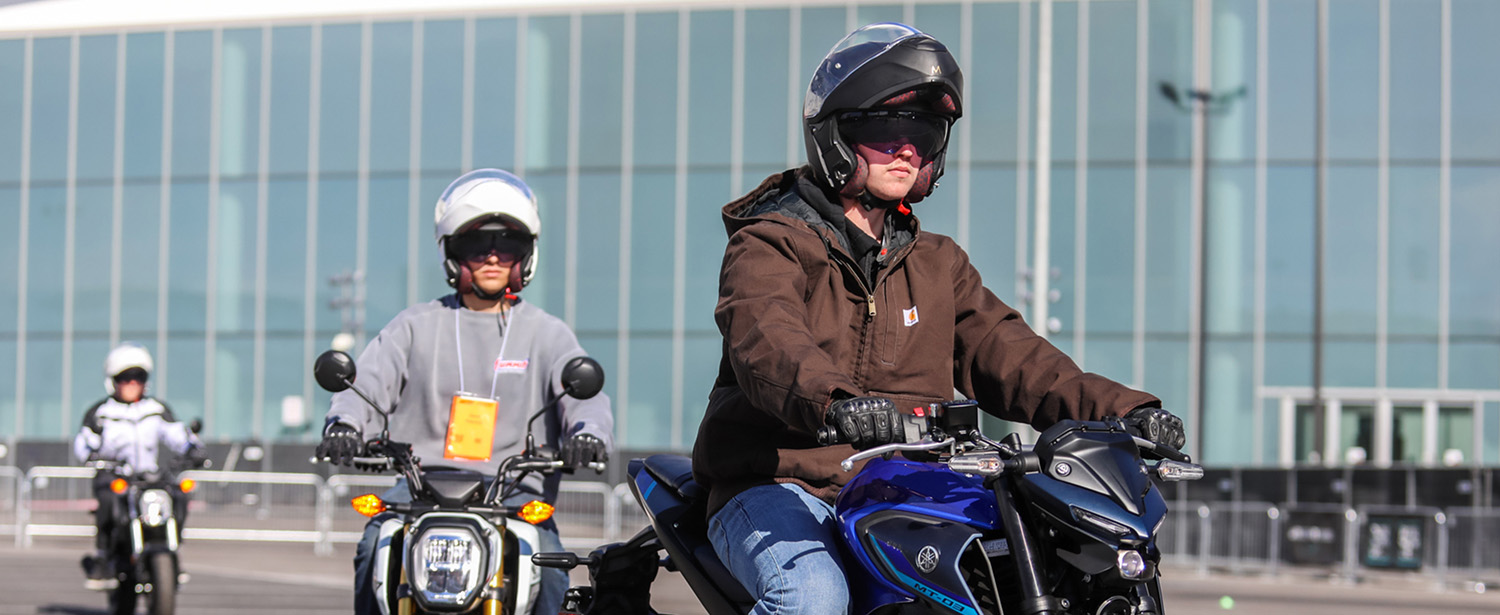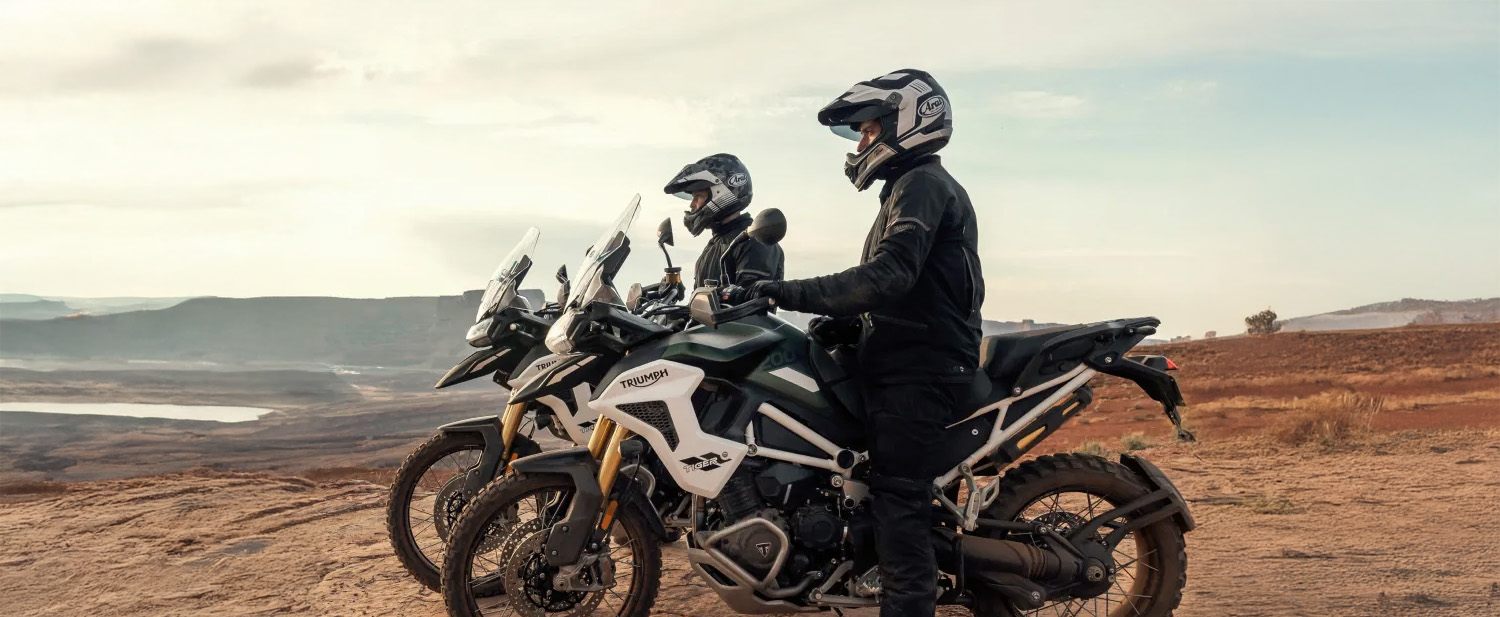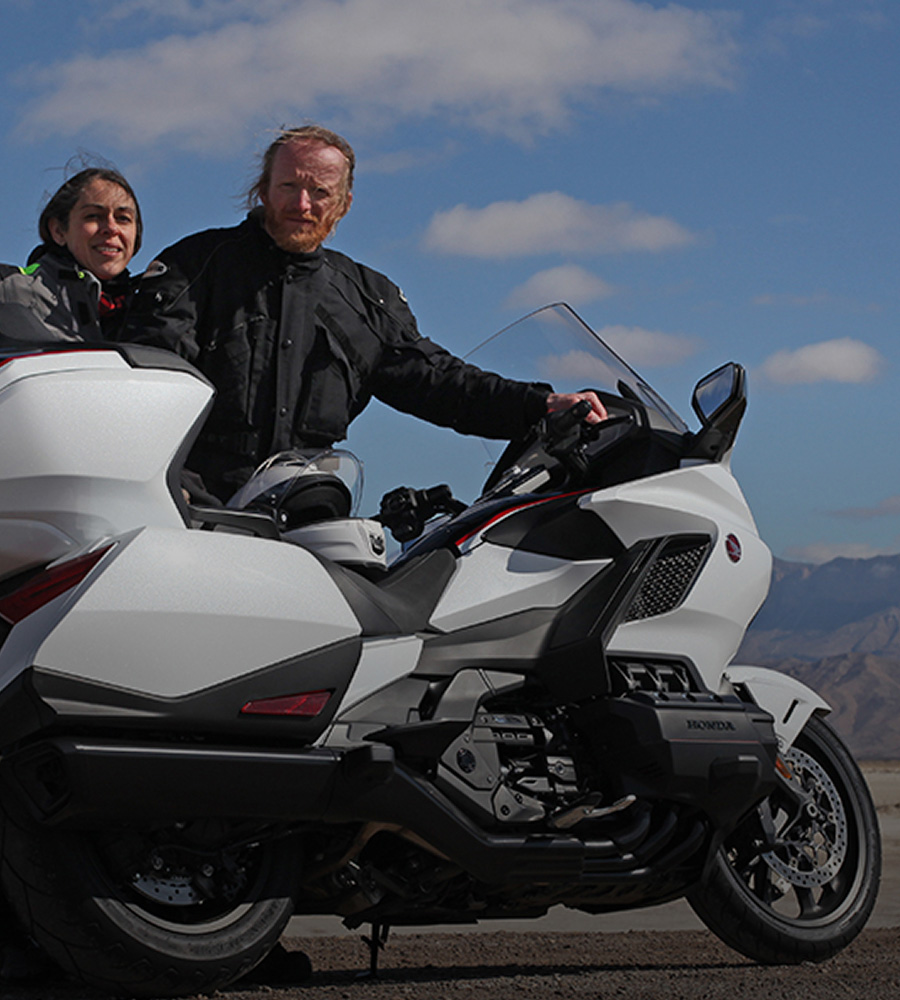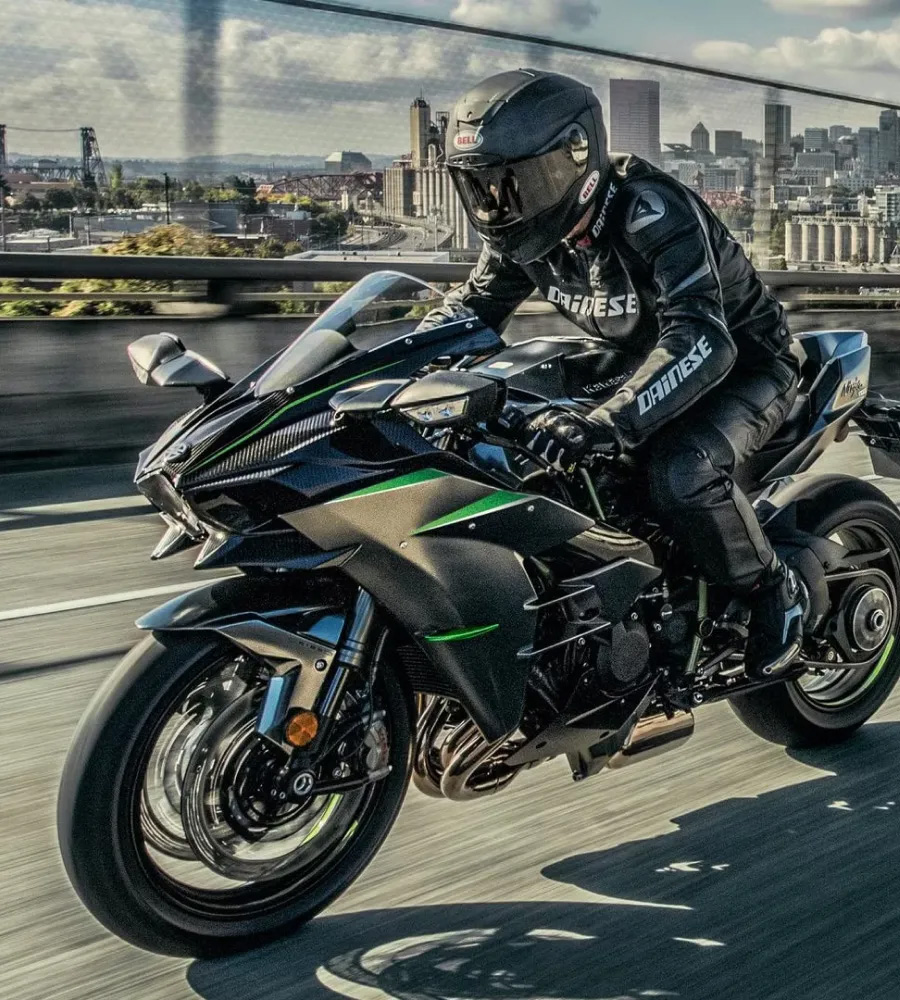
Motorcycle Licensing and Training Guide
Everything new riders need to know about getting a motorcycle license, permits and professional training.
Getting Your Motorcycle License
is one of the most exciting milestones in your riding journey. It’s an essential step that opens the door to the freedom, confidence and pure enjoyment that comes with riding, but it all starts with understanding your state’s requirements and choosing the right training path.
While exact requirements vary by state, most follow a similar process: meet the minimum age, pass a written knowledge test, and either complete a certified safety course or demonstrate your skills in a riding test.
This guide breaks down the process for you to get licensed and on the road.
Licensing 101
Learn the essentials you need to begin your path toward training, testing, and getting licensed.
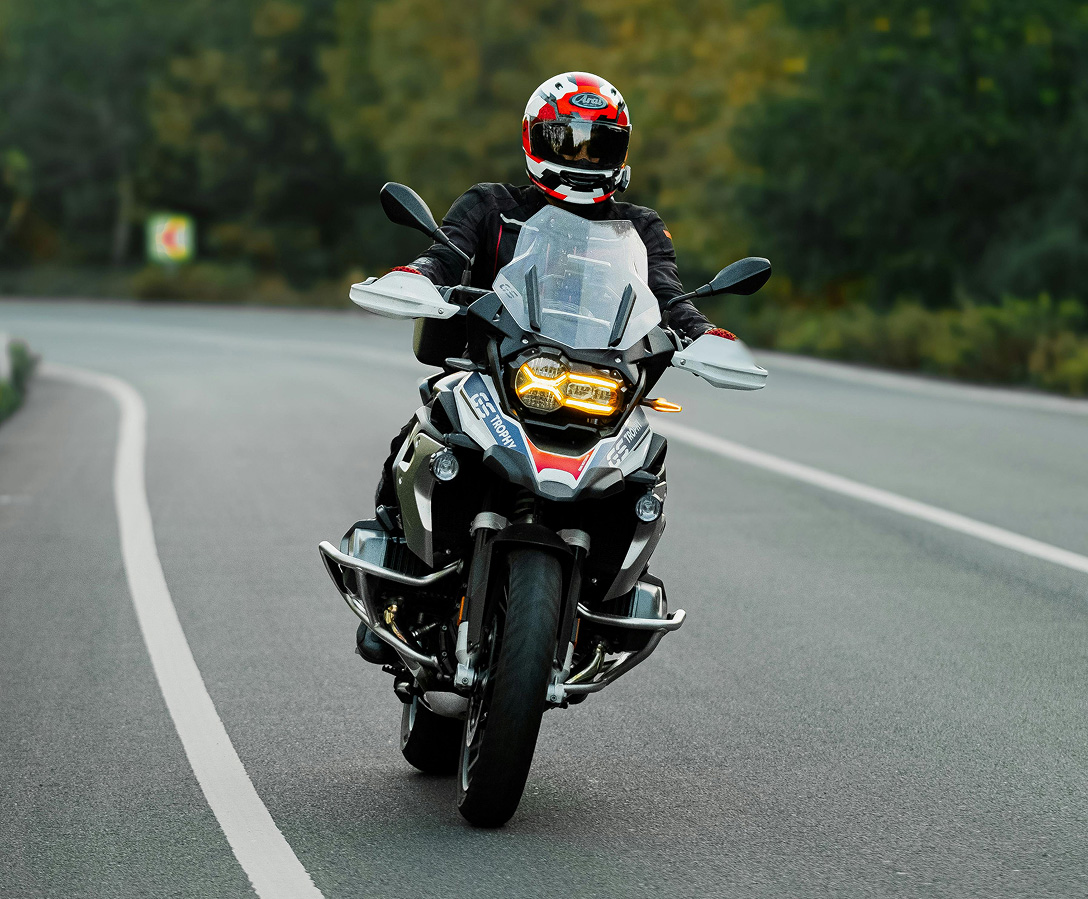
Road Skills Test
In order to earn your license, you’ll need to pass a road skills test showing your ability to control and operate a motorcycle safely. This test typically includes maneuvers such as starting, stopping, turning, swerving and quick braking, all performed in a controlled environment under the observation of a state examiner.
However, many states offer a smart alternative: completing an approved motorcycle safety course, such as those offered by the Motorcycle Safety Foundation (MSF). In most states, passing an approved course, such as the MSF Basic RiderCourse, waives the DMV road test entirely.

MSF Basic RiderCourse
This course is one of the most recognized entry points for new riders and is taught by certified, experienced instructors who guide you through every step. It’s widely considered the easiest and most enjoyable path to licensing since it builds your skills and confidence while fulfilling state requirements.
If you prefer to go the DMV route without a course, that’s possible too. Just be prepared to arrange your own motorcycle and pass the skills test on your own.
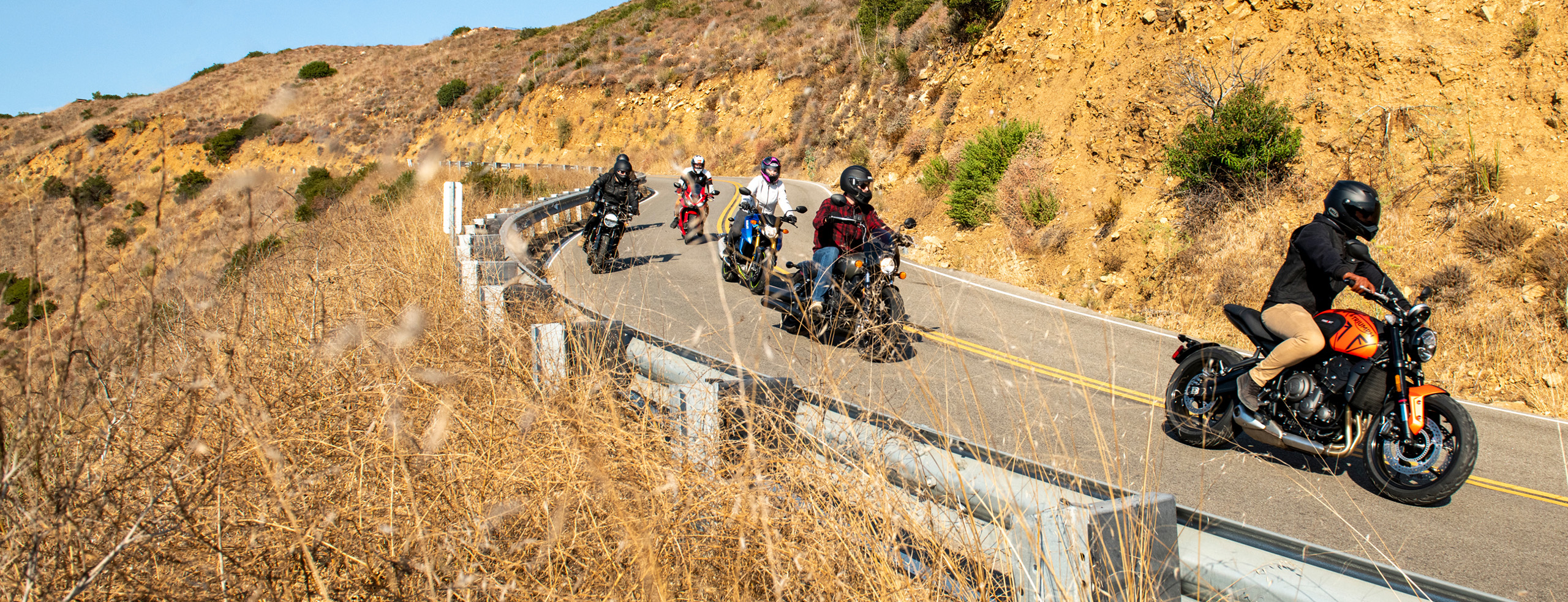
Your Road to Riding Confidence
Getting the right license and training is the foundation that sets you up for a lifetime of riding enjoyment. By understanding your state's requirements, choosing the license that fits your needs, and training with certified instructors through the MSF Basic RiderCourse, you'll set yourself up for safer, more confident miles ahead.
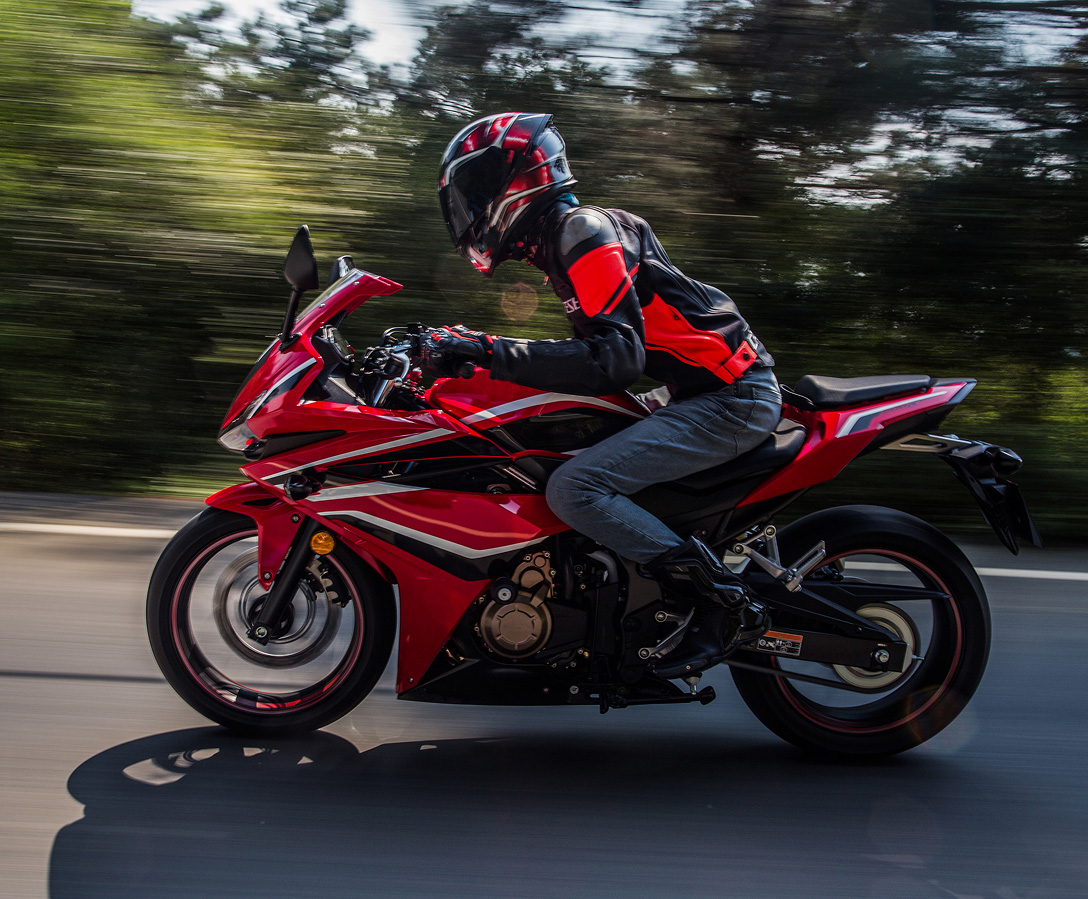
Insurance and Registration for Motorcycles
Before you hit the road, your motorcycle must be insured and registered. Every state requires riders to carry at least the minimum liability coverage, and you’ll need proof of insurance to complete registration. Shop around for the best rates to make sure you’re covered.
Registration usually requires proof of ownership, insurance, and a valid ID. Some may also require a safety inspection or emissions test. Fees and renewal schedules vary, but annual renewal is common.
License Classes
Some states issue different motorcycle license classes based on engine size, which means that you may need to choose a specific type depending on the bike you plan to ride. These names and requirements vary by state, so always check your local DMV for exact definitions.
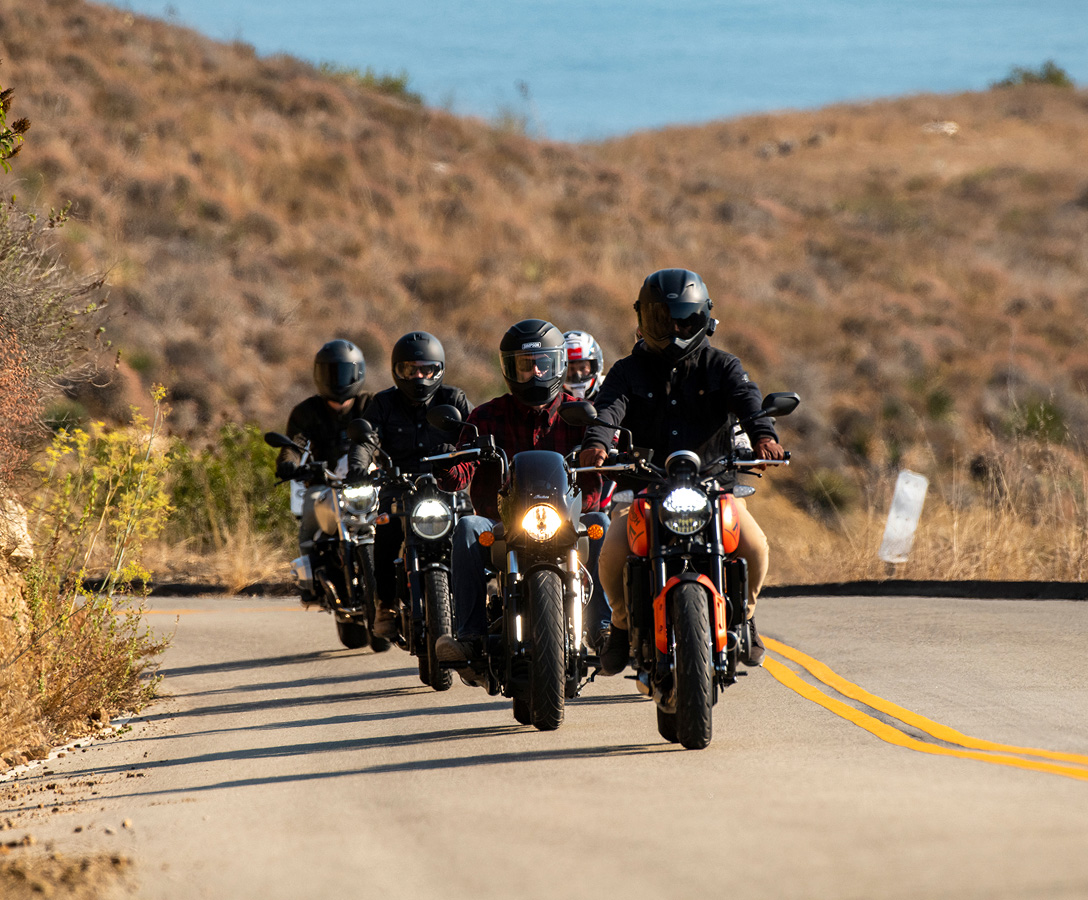
Moving to Another State
If you relocate in the future, most states will transfer your valid motorcycle license without requiring you to retake the written or road tests. You’ll typically need to present your current license, proof of identity and proof of residency, such as a lease agreement, utility bill, or other similar document, at your new state’s DMV.
Most states require you to transfer your license within a set timeframe, often 30 to 60 days after establishing residency, and there’s usually a fee for issuing your new license.
Going Beyond the Basics
Getting your license is only the start of your riding journey. The more you ride and continue training, the more confident, capable and safe you’ll become.
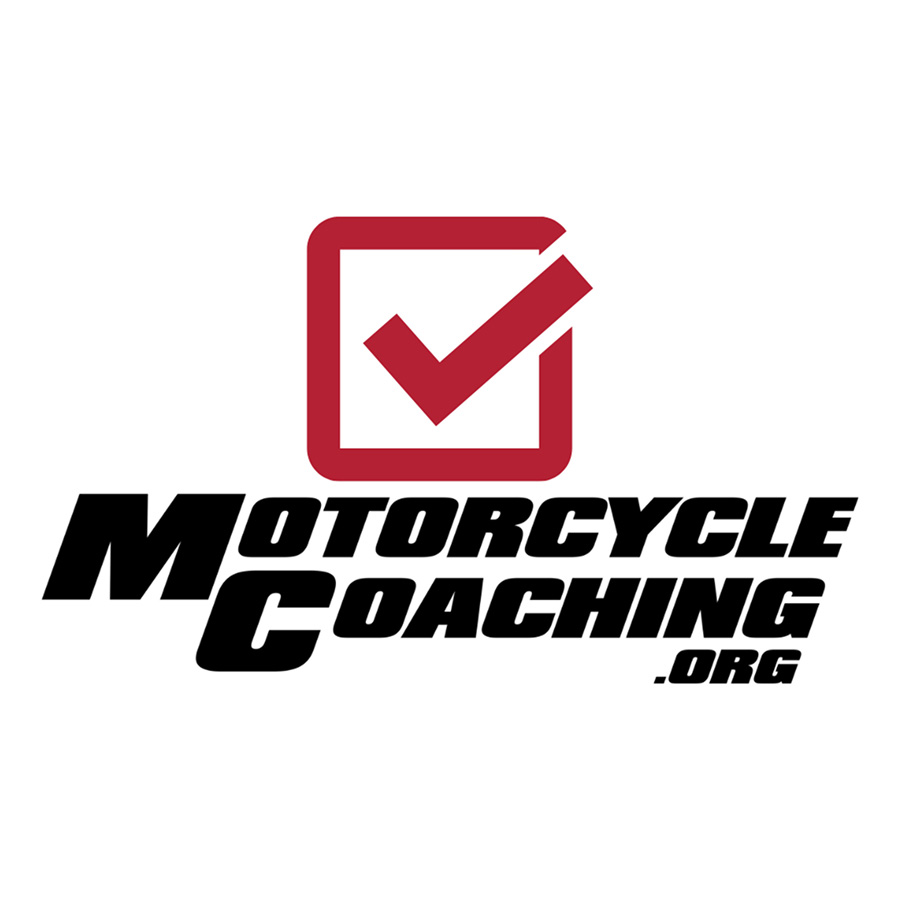
Motorcycle Coaching
For advanced skill building, the United States Motorcycle Coaching Association (USMCA) connects riders with certified coaches nationwide for specialized, closed-course training. You can build on your basic riding skills, explore advanced techniques, or try new riding styles like motocross or track riding.
The USMCA has coaches available for motocross, trail and off-road riding, track racing, adventure riding (ADV), enduro and cross-country, supermoto, and much more.
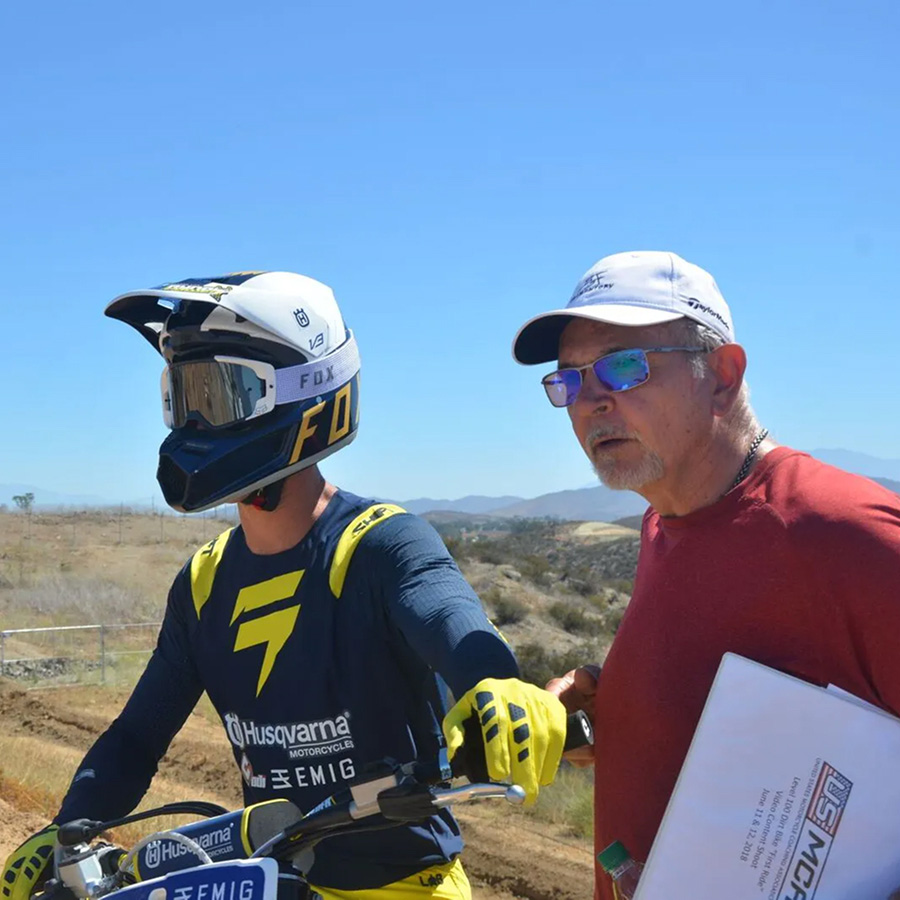
Personalized programs
Whatever direction you want to take next, the USMCA offers both personal coaches and riding classes for all levels. Training happens in controlled environments, making it the perfect setting to practice new maneuvers and refine your technique with confidence.
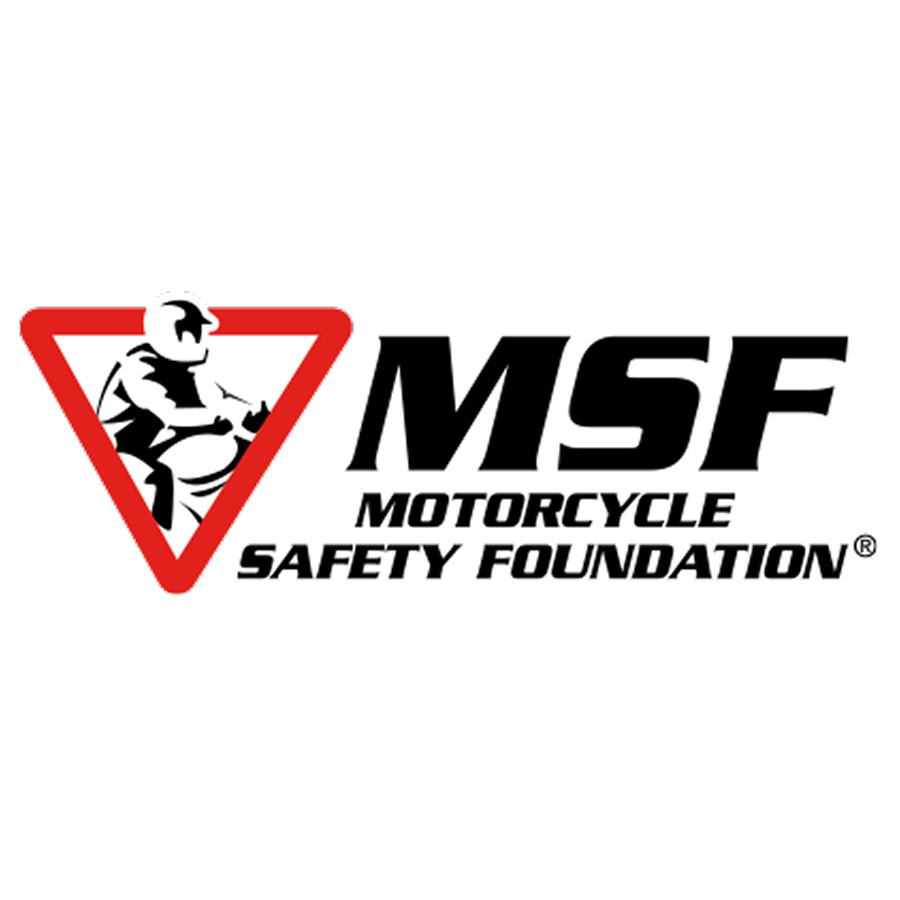
The MSF
Also offers advanced rider courses, such as the Basic RiderCourse 2 Skills Practice and Rider Skills Lab, designed to help you refine your skills, improve safety awareness and expand your riding capabilities.
Connect With An Expert
Ready to find your perfect ride?
Connect with our trusted dealers and brands.
